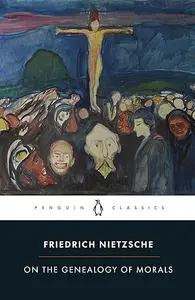On the Genealogy of Morals: A Polemic
By Friedrich Nietzsche
Category
PhilosophyRecommended by
"On the Genealogy of Morals" by Friedrich Nietzsche is a thought-provoking and controversial philosophical work that challenges traditional notions of morality.
In this book, Nietzsche conducts a deep analysis and critique of the historical development of moral values and their origins. Through a series of three essays, he explores the evolution of moral concepts and their connections to human psychology, society, and culture.
The first essay delves into the concept of "good" and "evil," tracing their roots back to the rise of the reigning noble classes. Nietzsche argues that moral values were initially determined by those in power, who valued strength, dominance, and a sense of superiority. He criticizes the way these values have been perpetuated, leading to a culture of resentment and guilt.
The second essay focuses on the origins of the guilt and conscience that have become integral to modern morality. Nietzsche contends that moral condemnation stems from punishment, which in turn arises from a desire to control and suppress instincts. According to him, this repression has resulted in a society that is hypocritical and denies its own natural instincts.
In the final essay, Nietzsche delves into the concept of asceticism and its impact on morality. He argues that ascetic ideals, such as self-denial and the pursuit of an otherworldly existence, are detrimental to human life and hinder our full potential. Nietzsche challenges the values of self-sacrifice and encourages the embracing of life's inherent contradictions.
Throughout "On the Genealogy of Morals," Nietzsche presents a radical critique of moral values and offers an alternative perspective on the nature of good and evil. With his characteristic wit and provocative style, he aims to dismantle traditional moral frameworks and invites readers to question the foundations of their own ethical beliefs.
This book is essential reading for anyone interested in philosophy, ethics, and the exploration of human values. Nietzsche's thought-provoking arguments will undoubtedly challenge readers to reconsider the origins and meaning of morality in their own lives.
In this book, Nietzsche conducts a deep analysis and critique of the historical development of moral values and their origins. Through a series of three essays, he explores the evolution of moral concepts and their connections to human psychology, society, and culture.
The first essay delves into the concept of "good" and "evil," tracing their roots back to the rise of the reigning noble classes. Nietzsche argues that moral values were initially determined by those in power, who valued strength, dominance, and a sense of superiority. He criticizes the way these values have been perpetuated, leading to a culture of resentment and guilt.
The second essay focuses on the origins of the guilt and conscience that have become integral to modern morality. Nietzsche contends that moral condemnation stems from punishment, which in turn arises from a desire to control and suppress instincts. According to him, this repression has resulted in a society that is hypocritical and denies its own natural instincts.
In the final essay, Nietzsche delves into the concept of asceticism and its impact on morality. He argues that ascetic ideals, such as self-denial and the pursuit of an otherworldly existence, are detrimental to human life and hinder our full potential. Nietzsche challenges the values of self-sacrifice and encourages the embracing of life's inherent contradictions.
Throughout "On the Genealogy of Morals," Nietzsche presents a radical critique of moral values and offers an alternative perspective on the nature of good and evil. With his characteristic wit and provocative style, he aims to dismantle traditional moral frameworks and invites readers to question the foundations of their own ethical beliefs.
This book is essential reading for anyone interested in philosophy, ethics, and the exploration of human values. Nietzsche's thought-provoking arguments will undoubtedly challenge readers to reconsider the origins and meaning of morality in their own lives.
Share This Book 📚
More Books in Philosophy
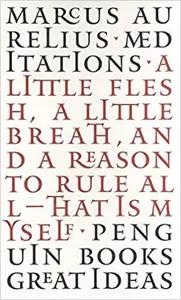
Meditations
Marcus Aurelius

The Courage To Be Disliked
Ichiro Kishimi
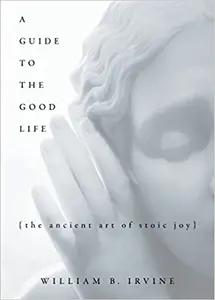
A Guide To The Good Life
William B. Irvine

The Four Agreements
Don Miguel Ruiz
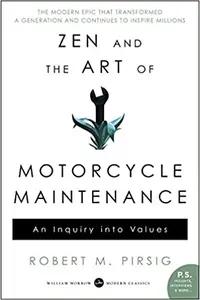
Zen and the Art of Motorcycle Maintenance
Robert M. Pirsig
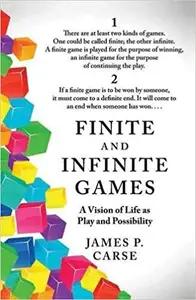
Finite and Infinite Games
James Carse

Letters from a Stoic
Lucius Annaeus Seneca
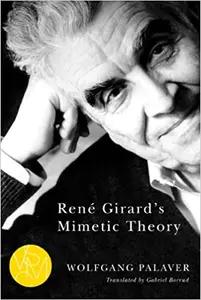
René Girard's Mimetic Theory
Wolfgang Palaver
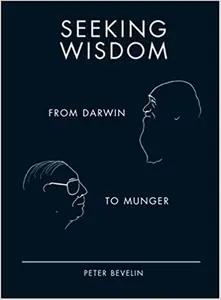
Seeking Wisdom
Peter Bevelin

Spiritual Enlightenment, the Damnedest Thing
Jed McKenna
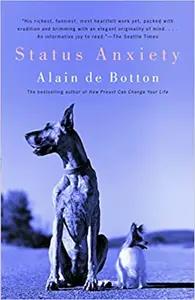
Status Anxiety
Alain De Botton
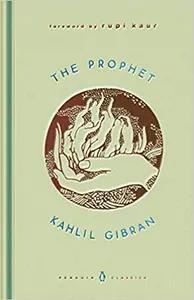
The Prophet
Kahlil Gibran

The Republic
Plato

Zen Mind, Beginners Mind
Shunryu Suzuki

As One Is
Jiddu Krishnamurti

Autobiography of a Spiritually Incorrect Mystic
Osho

Being With Dying
Joan Halifax
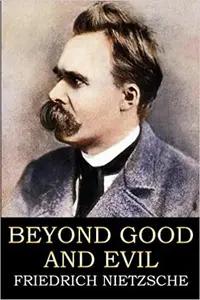
Beyond Good and Evil
Friedrich Nietzsche

Confessions of a Philosopher
Bryan Magee

Consolations
David Whyte

Courage
Osho

Die With Zero
Bill Perkins
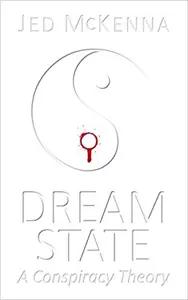
Dreamstate
Jed McKenna
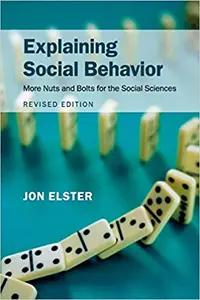
Explaining Social Behavior
Jon Elster
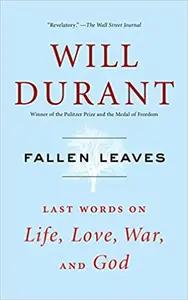
Fallen Leaves
Will Durant
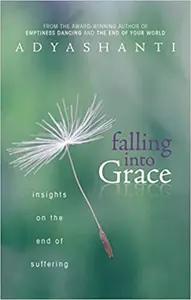
Falling into Grace
Adyashanti

How To Live
Sarah Bakewell

How Will You Measure Your Life?
Clayton Christensen
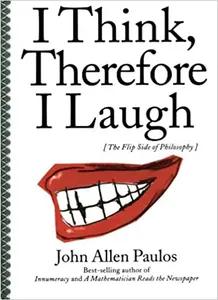
I Think, Therefore I Laugh
John Allen Paulos

Invariances
Robert Nozick
Popular Books Recommended by Great Minds 📚
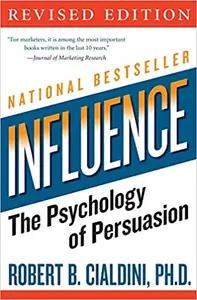
Influence
Robert Cialdini

The Courage To Be Disliked
Ichiro Kishimi
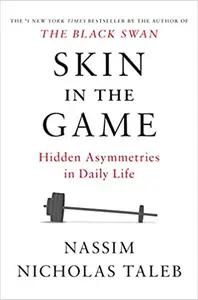
Skin In The Game
Nassim Taleb
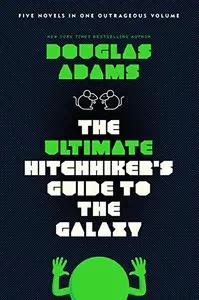
The Hitchhikers Guide to the Galaxy
Douglas Adams
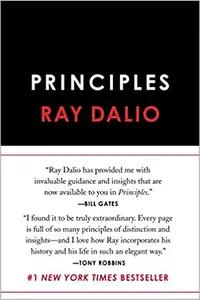
Principles
Ray Dalio
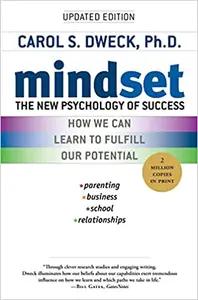
Mindset
Carol Dweck
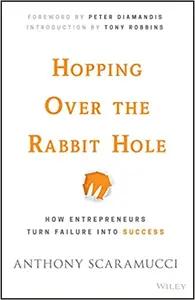
Hopping Over The Rabbit Hole
Anthony Scaramucci
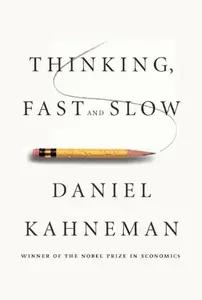
Thinking, Fast and Slow
Daniel Kahneman
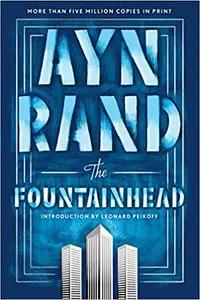
The Fountainhead
Ayn Rand
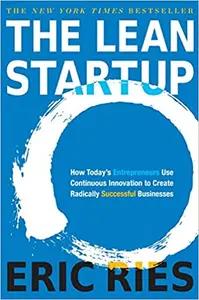
The Lean Startup
Eric Reis
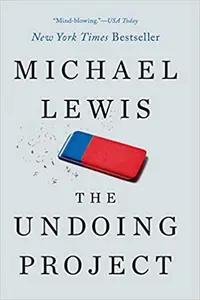
The Undoing Project
Michael Lewis
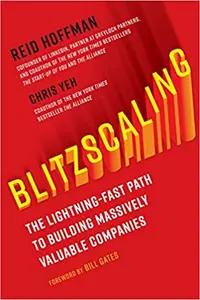
Blitzscaling
Reid Hoffman

Extreme Ownership
Jocko Willink

Meditations
Marcus Aurelius

Dune
Frank Herbert

Lying
Sam Harris
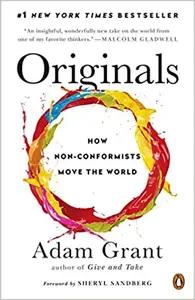
Originals
Adam Grant
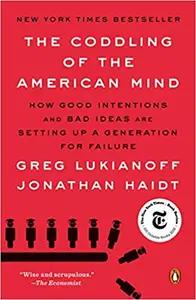
The Coddling of the American Mind
Greg Lukianoff & Jonathan Haidt

Guns, Germs, and Steel
Jared Diamond
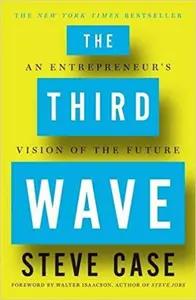
The Third Wave
Steve Case
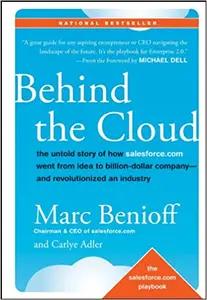
Behind the Cloud
Marc Benioff
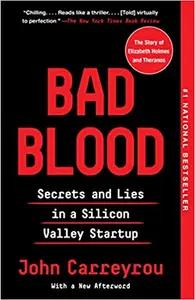
Bad Blood
John Carreyrou

The Checklist Manifesto
Atul Gawande
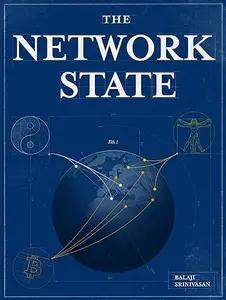
The Network State
Balaji Srinivasan
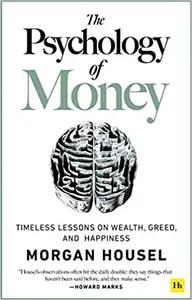
The Psychology of Money
Morgan Housel
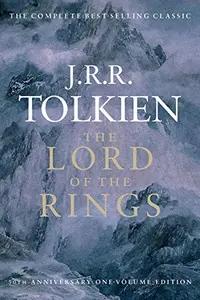
The Lord of the Rings
J.R.R. Tolkien

Siddhartha
Hermann Hesse
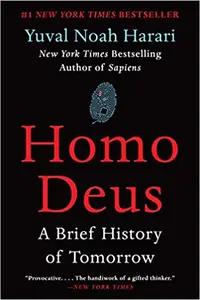
Homo Deus
Yuval Noah Harari

Snow Crash
Neal Stephenson
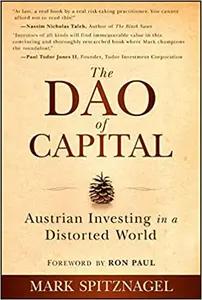
The Dao of Capital
Mark Spitznagel
